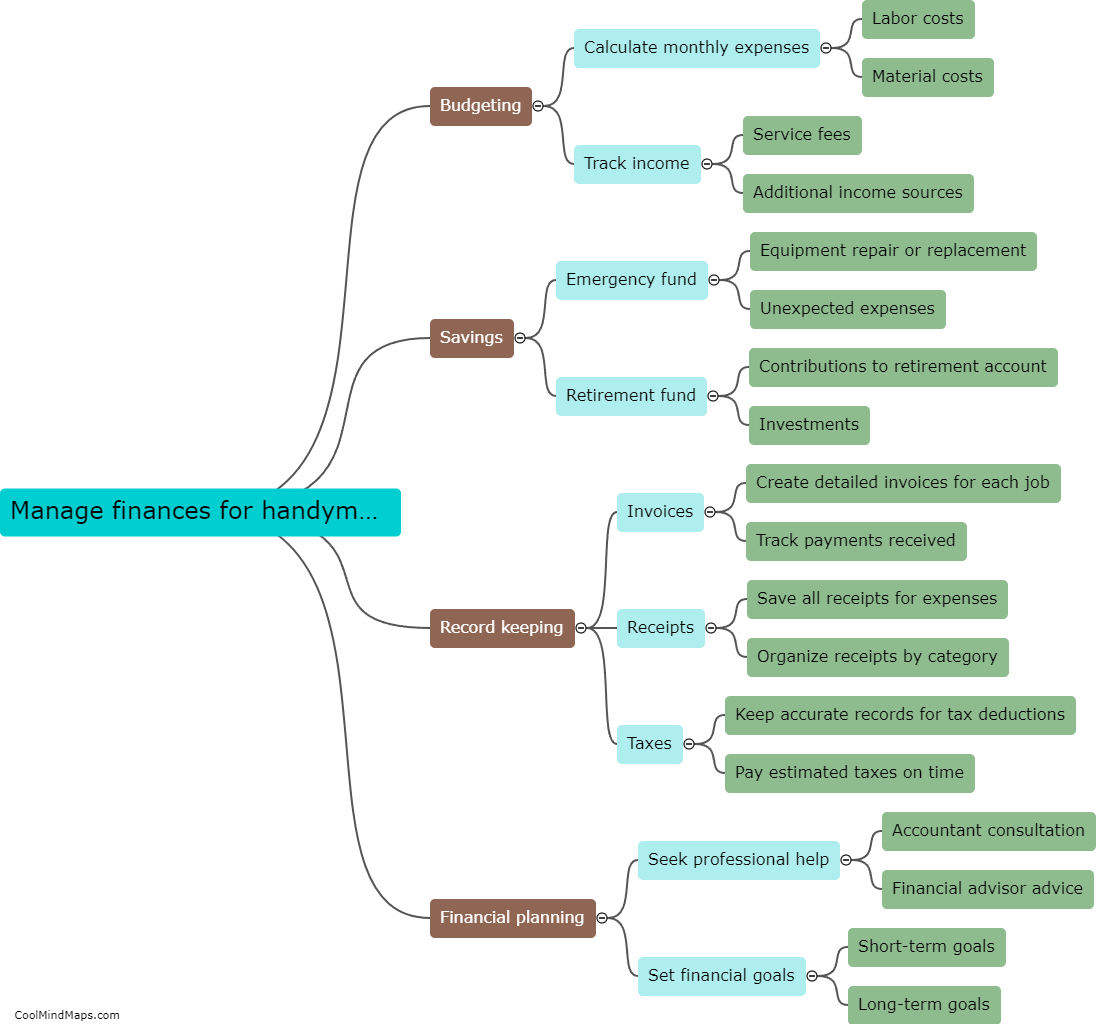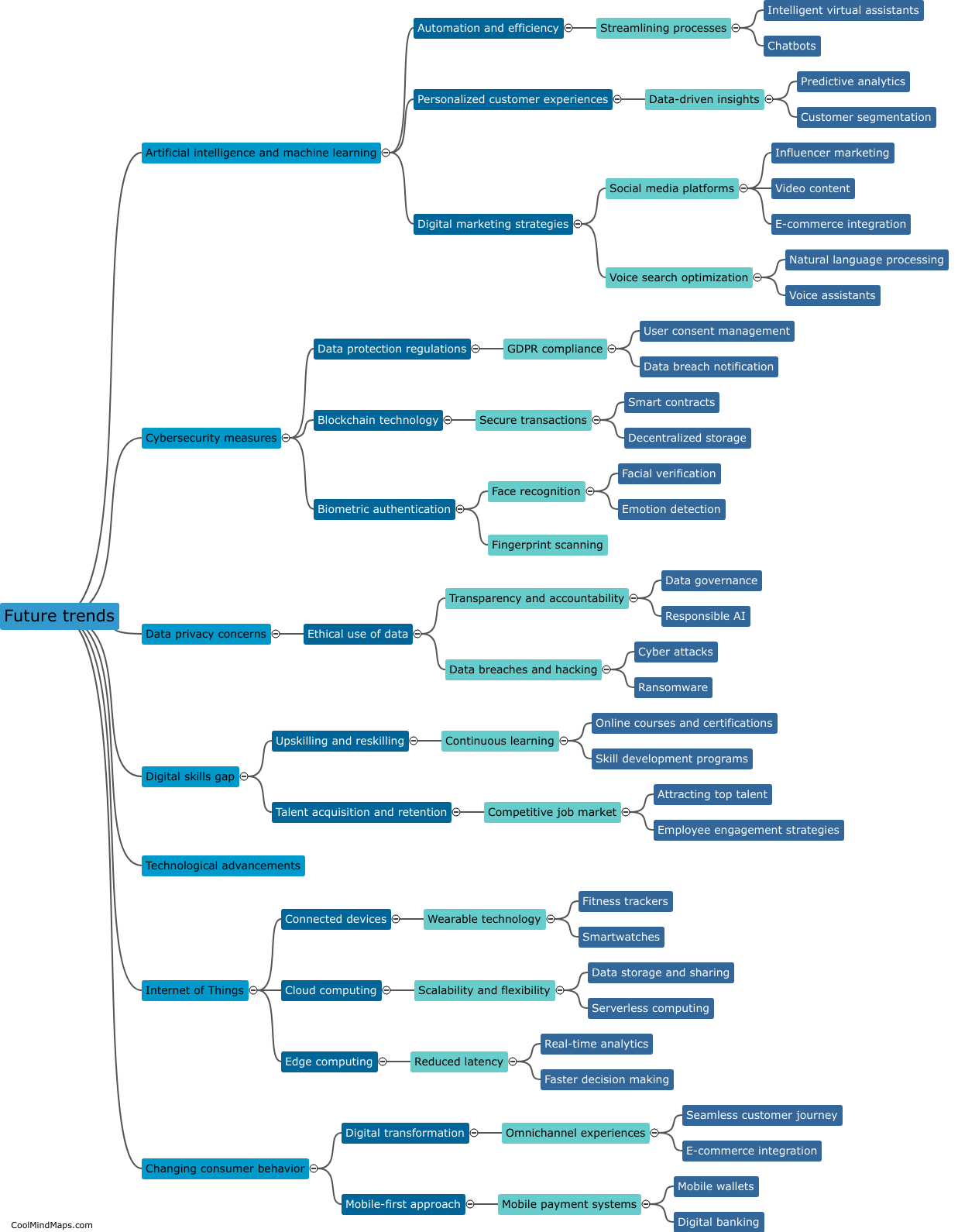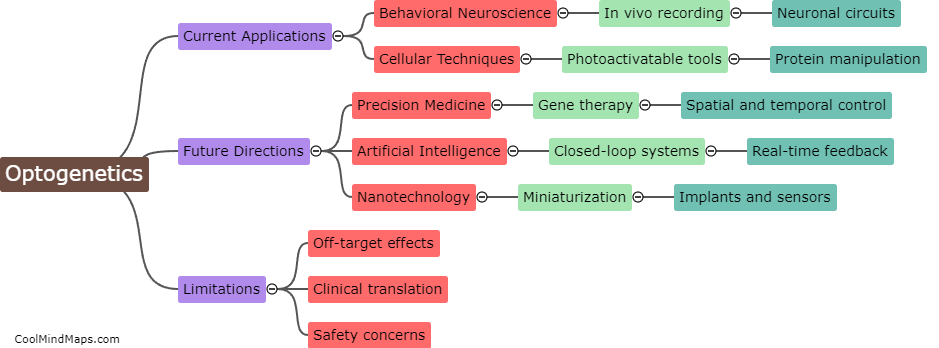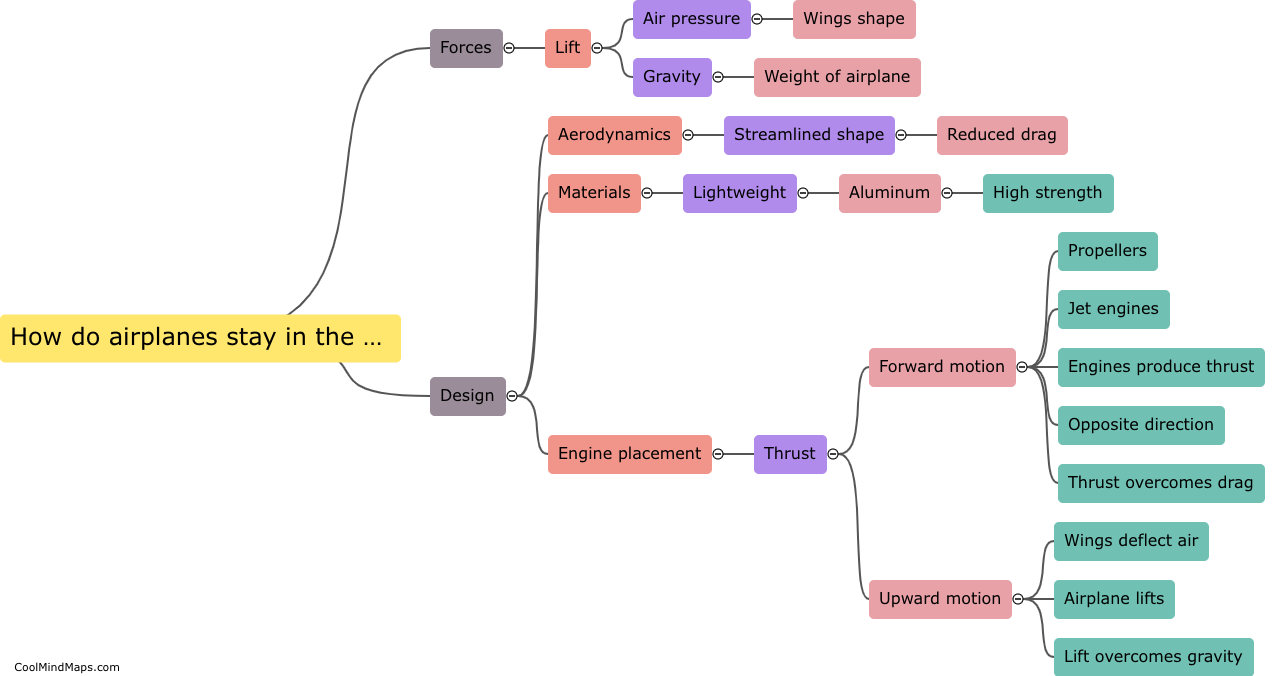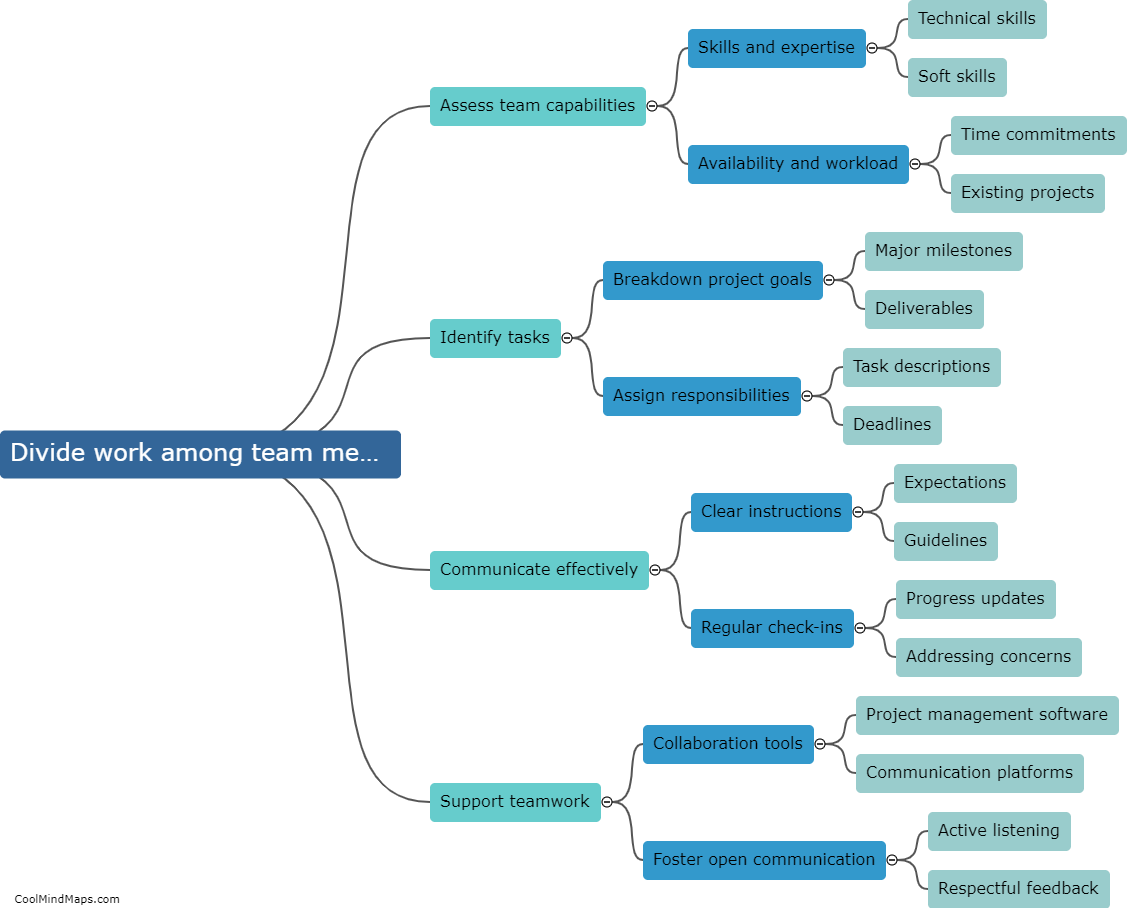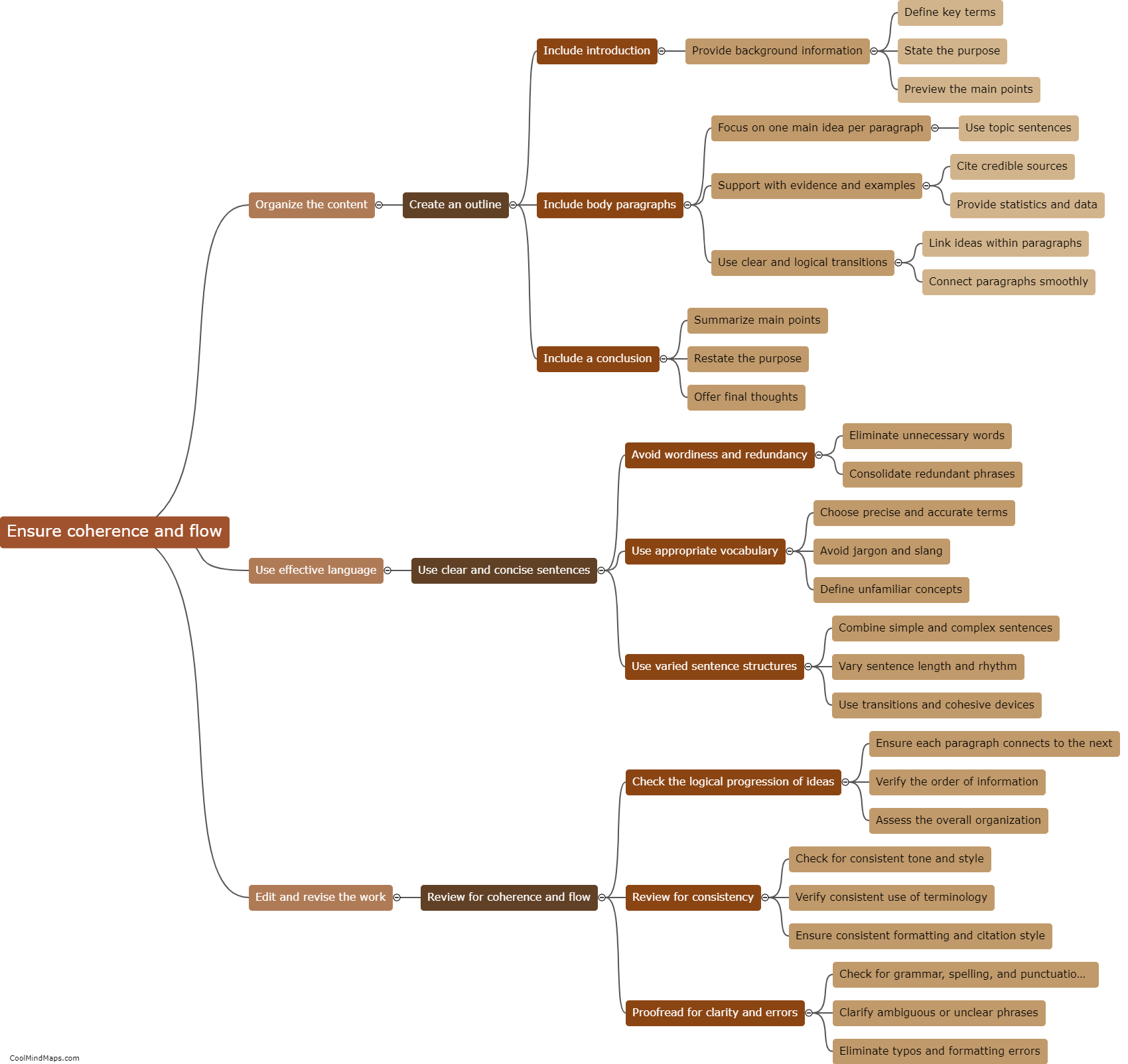What is the circular economy and its significance?
The circular economy is an economic system that aims to eliminate waste and minimize resource consumption by keeping resources in use for as long as possible. It is based on the principles of designing out waste and pollution, keeping products and materials in use, and regenerating natural systems. Unlike the traditional linear economy, which follows a take-make-dispose model, the circular economy focuses on extracting maximum value from each resource and ensuring that it remains within the economic cycle. This approach not only reduces the environmental impact of production, consumption, and disposal but also offers economic benefits such as cost savings, job creation, and increased resilience to raw material price fluctuations. The significance of the circular economy lies in its potential to address pressing environmental challenges, promote sustainable development, and create a more resilient and equitable economy for future generations.
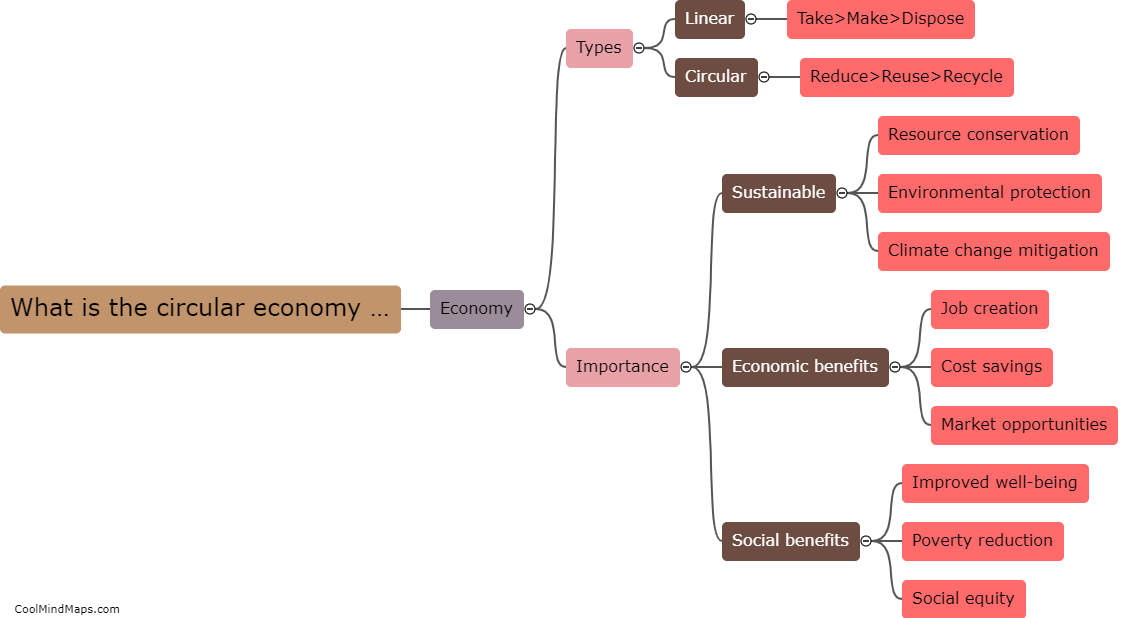
This mind map was published on 13 October 2023 and has been viewed 92 times.

